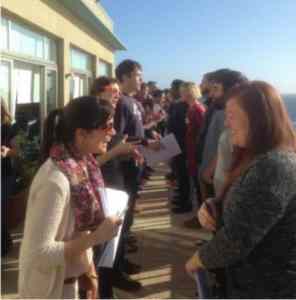Self-awareness seems increasingly essential these days. While most people believe they are self-aware, studies and our experience reveal that self-awareness is a rare trait. Research from Harvard Business Review suggests that “when we see ourselves clearly, we are more confident and more creative. We make sounder decisions, build stronger relationships, and communicate more effectively.” 1
Personality assessments and inventories are one way to explore different aspects of our identity. Though not always 100% accurate, assessments can be a great starting point to help us discover things about ourselves we may have yet to conclude on our own.
Here are some popular assessments or inventory tools, including their uses and where to take them.
StrengthsFinder 2.0
The StrengthsFinder 2.0 assessment is an online tool based on a 40-year study of character traits and success. It identifies 34 common strengths to help people discover and understand their strengths. You can take the StrengthsFinder® assessment online for $19.99.
StrengthsFinder with CoreClarity
Proven to increase the performance of both individuals and teams, CoreClarity is a trusted framework and methodology built on Gallup’s CliftonStrengths® Assessment. They provide clarity so people can be their best selves at home and work. When individuals have the tools to operate at their best, teams transform, and organizations thrive. Coaching and workshops are available from a certified CoreClarity consultant to take your strengths to the next level.
Myers Briggs Type Indicator (MBTI)
Так звана MBTI® assessment is a psychometric tool that gives insights for greater self-awareness and awareness of others. With that knowledge, you’re better able to frame decisions, reduce miscommunication, and understand personal needs.
While the official MBTI is the most reliable and valid, you can start the conversation with 16 Personalities, a free online inventory to help you discover your type.
5 Voices
GiANT Worldwide has simplified the Myers-Briggs types to 5 Voices. Their inventory will help you “know yourself to lead yourself,” understand your tendencies, stress behaviors, growth path for health, and how you show up with others. Take the 5 Voices Assessment for free at https://giant.tv/5voices/leadersrising.
The Birkman Method®
The Birkman personality assessment identifies productive and stressful behaviors, underlying needs, motivations, and organizational orientation. It provides helpful suggestions for leadership development, team effectiveness, coaching, and conflict resolution. Available through a certified consultant.
Enneagram
The Enneagram is a powerful tool for better understanding your core motivations and applying that knowledge to all areas of your life, including conflict resolution, team dynamics, leadership, and emotional intelligence. I have used this free version of the assessment.
EQi
EQ-i helps people better understand their emotional and social functioning. You will gain a deeper understanding of how emotional intelligence affects a participant’s workplace performance (conflict resolution, change management, teamwork, decision-making, and more) and learn helpful strategies customized to individual results. Available through a certified EQi consultant.
Global 360 Review
A 360 Review is another way to get valuable feedback. It is free and available online here. Developed by Global LDHR, it gathers and provides feedback for your development from a spectrum of people who know you well. You can choose from the rich and in-depth leader or executive questionnaires or a simple 6-question “lite” approach.
Reflected Best Self
This tool gives you feedback from people who know you well. Developed by Harvard Business, it helps answer the question, “When I am at my best, what do I contribute?” The Maturitas Cafe blog has a good description of the free process here.
Here are helpful tips to get the most out of personality assessments:
- Know your objective and what you want to accomplish.
- Don’t let an assessment put you into a box. A tool may “get you right,” but it may be wrong. You are the expert on your life. Ultimately, you verify the information you learn. Often, a conversation with someone certified in the assessment or a trusted friend can help you process your results.
- Don’t let other people determine who you are.
- No one assessment defines you fully or perfectly.
- Assessments are like the spokes of an umbrella. They give insights into part of you but not the whole picture. That is why two people with the same results can be so different.
- Assessments are personal information. Share what you are comfortable sharing. Extend that same freedom to others.
- An assessment is not an identity. Ask, “What (number, color, letters, etc.) do you resonate with most?” rather than “What are you (identity)?”
- Some assessments help you understand how you are “hard-wired,” while others give you a current snapshot that changes with intentionality and growth. Know the difference.
What assessments have been helpful to you? How do you use them in your role?
1 Eurich, T. (2018). What Self-Awareness Really Is (and How to Cultivate It). Harvard Business Review, January 4, 2018. Available at https://hbr.org/2018/01/what-self-awareness-really-is-and-how-to-cultivate-it [accessed June 28, 2022.]










6 думки про “Getting the Most out of Assessments”
Here is a Bible verse that that encourages the use of assessments:
“But each one must carefully scrutinize his own work [examining his actions, attitudes, and behavior], and then he can have the personal satisfaction and inner joy of doing something commendable [a]without comparing himself to another.” (Galatians 6:4, AMP)
Hi Cy. So good to hear from you. I love the part about not comparing yourself to others. That is always a good reminder. Thanks for adding this biblical perspective and being such a great encourager. Blessings to you and Diane.
Thanks Steve for your article. I do agree with the statement “when we see ourselves clearly, we are more confident and more creative. We make sounder decisions, build stronger relationships, and communicate more effectively.” This has been my experience over the years. Additionally, since this could be such a challenging process we have to depend on the Lord to enable us, as well as staff members to enrich our lives as we work through these processes. In Guyana, last year we introduced the use of the Staff Development Cycle among our staff and are now going into our end of year assessment and our second cycle. Therefore, I am being reminded, among other things, to be in much prayer to build stronger relations and understand those who may have strengths and weaknesses that we may not have at the moment.
Hi Doreen,
Thanks for your comment. I love that you have introduced the Staff Development Cycle in Guyana. I like that you are connecting the assessments for people as a way to develop them, as well as ourselves. How have the staff received the SDC? You are right with your focus on building stronger relations and better understanding those who might be different in their strengths, weaknesses, and outlook on life. Listening and asking questions in those conversations have proven to be very effective in helping people want to change versus telling them they need to change. Keep up the great work.
I would also suggest a spiritual growth path. In holding the report in my hands, I ask myself, “How would Jesus see me in this particular area?” “If I disagree with the assessment, what makes me feel resistant to it?” “If I totally agree with it, does God ask me to be different in some way?” We can continue the dialogue with our Creator endlessly. Peace.
Thanks for sharing your thoughts, Sui Wing. I love the continual dialogue with our Creator, who made and designed us. Your comment about the spiritual growth path reminded me that spiritual gifts are another type of assessment. Cru.org actually has the assessment, and anyone can find it here: https://www.cru.org/us/en/train-and-grow/quizzes-and-assessments/what-type-of-spiritual-gifts-do-you-have-quiz.html
There has also been some work done on Spiritual Temperaments/Sacred Pathways that give you an indication of the ways you best connect with God that has been helpful to some people.